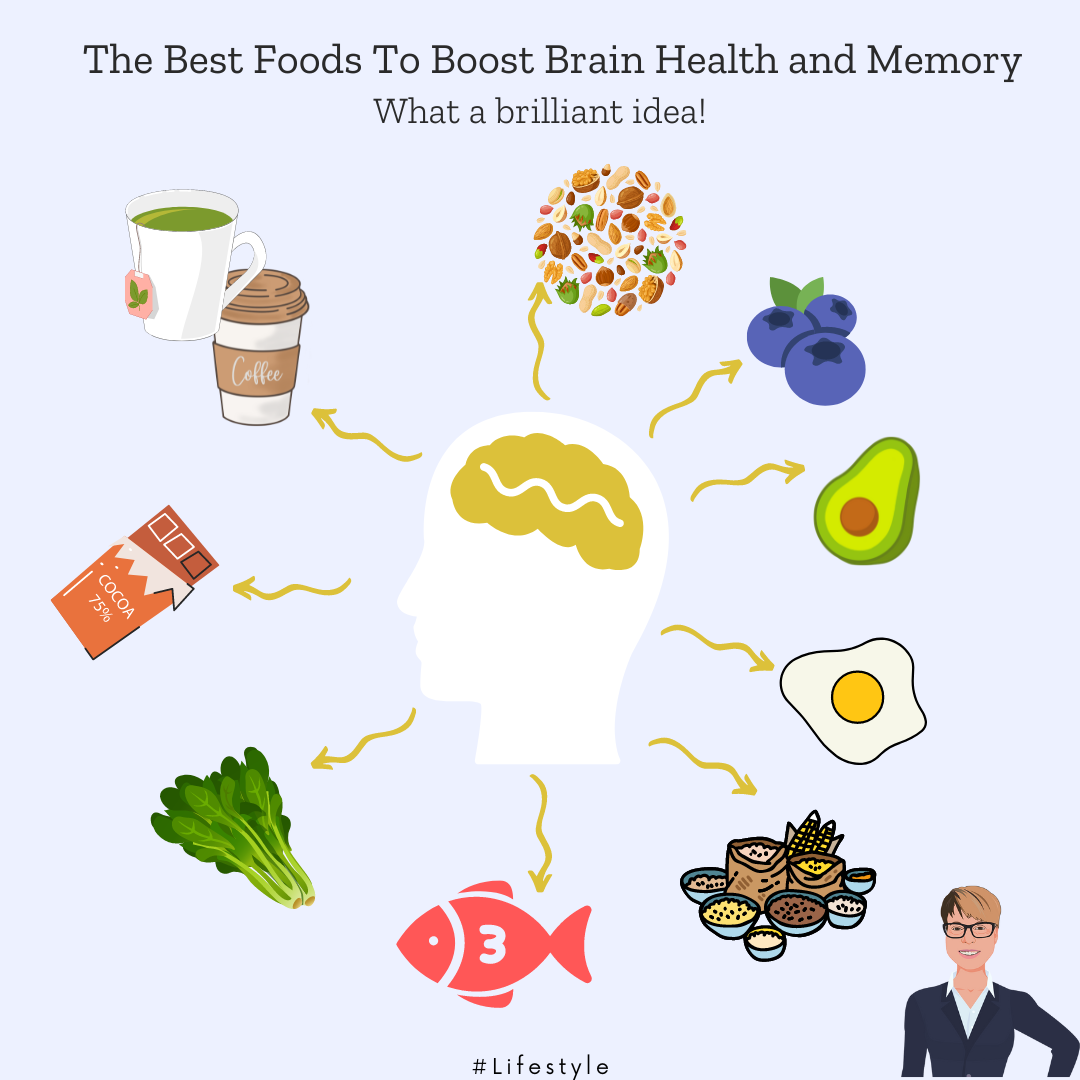Are you or someone close to you struggling with the lasting effects of a traumatic brain injury or concussion?
Perhaps you’re concerned about Alzheimer’s, dementia or depression. In a world where our cognitive abilities play a pivotal role in our personal and professional lives, it is not surprising this may be a concern.
In this week’s blog, we’ll continue to explore the connection between neuronutrition and TBI recovery, as well as long-term brain health. If you missed Part 1, I encourage you to check it out on HappiHuman today.
Before we dive in, I’d like to acknowledge how overwhelming the world of nutrition can be, especially if you’re struggling to recover from a TBI. The good news is - I’m here to help!
What might also help is an exciting new online program I designed for people struggling with lingering post-TBI or post-concussion symptoms like fatigue and brain fog.
I’ve broken everything down for you into easily digestible parts. So, if you’d like more information about this program or want to stay informed about when it will be released, please send me a message or reply to this email with the words “COUNT ME IN!” and I will be in touch.
Until then, please enjoy part two of this blog.
Read More

















